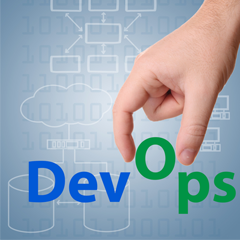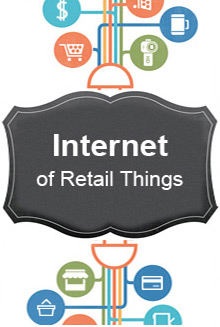In this new world order, Mobility has become synonymous with better engagement, productivity, efficiency and collaboration.
An Adobe study shows that at least 77% business owners find enterprise apps useful and 66% are increasing their investment in it further.
Gartner has predicted that by 2017, customers’ mobile engagement behavior in the U.S. will drive mobile commerce revenue up to 50% of digital commerce revenue.
But if you’re a CIO, these stats can’t surprise you. You’re already well aware of the place enterprise mobility has acquired in the recent years. Here’s a quick recap.
- Catching up with your on-the-fly consumer – If responding to your user community is your priority, which I bet it is, then you know that a well defined, user-centric mobility roadmap can engage customers, drive revenue, and reinforce your brand equity.
- Empower the modern workforce for better productivity and efficiency – Having your workforce connected empowers everyone to take appropriate real time decisions and stay informed while offering the flexibility of time and place.
- Better intelligence means smart business decisions – Apt mobility solutions can get you closer to crucial insights that can rule out costly slip-ups, duplicated efforts, and other shortcomings to drive better profit margins.

Take Stock of the Situation
CIOs have an indispensable role to play in strategizing the future growth by ensuring minimal leakages, boosting efficiency and keeping costs under checks.
As a CIO, you first need to set your priorities to be in line with your business goals and see how a mobility strategy can serve you. Analyze your business objectives, resources, infrastructure, integration capability, costs and risks, besides other important factors.
In doing so, don’t make the mistake of considering mobility strategy as a side strategy. Enterprise mobility solutions constitutes a major part of your larger strategy.
Getting the execution right
Once the objectives and intel are in place, it’s time to carve out the best route to achieve your goals.
As a CIO, you can take decisive steps in deployment and development of applications to ensure a seamless integration with your existing IT infrastructure. Nothing off the beaten path, but certainly the best of what your resources and budgets permit, to put you on a fast track.
Tackling challenges
Remember it’s a tough road ahead. Factors like security, cost, and the fact that weaving a mobility strategy into your existing set-up might require major alterations in application development, operational as well as business processes.
Stick to Customer Experience
The customer is your guiding force and the experience they get is crucial to your strategy. A better experience will translate into a better engagement, which in turn will translate into better business.
To know more about CIO priorities around enterprise mobility, download this white paper.

Shashin Shah has been an expert in the Information technology field for more than twenty years. His experience globally and in the US, spanning across several industries has greatly contributed to his unparalleled skill set. Currently, Shashin is working as Chief Business Officer at DTES division of Happiest Minds, where he is primarily handling Pimcore Global Services. Pimcore is 100% open source consolidated platform for PIM, MDM, DAM, WCM & Ecommerce.








